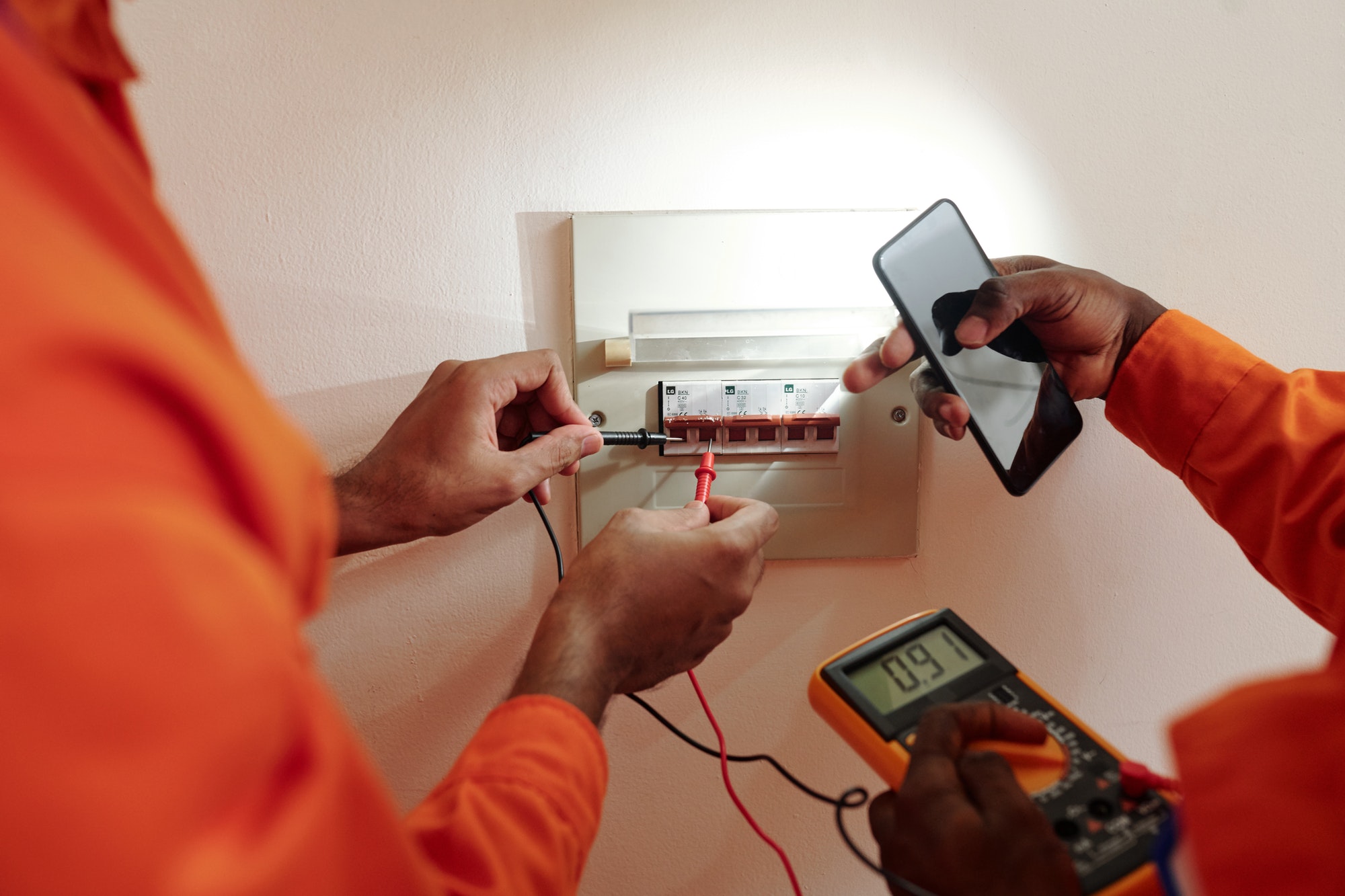Choosing the right electric vehicle (EV) charger for your home or business is crucial for ensuring efficient and convenient charging. Here’s a detailed guide to help you make the best decision for both residential and commercial applications.
Residential EV Chargers
For home use, selecting the right EV charger involves considering your driving habits, electrical setup, and budget.
1. Level 1 Chargers
- Description: Use a standard 120-volt household outlet.
- Charging Speed: Adds 2-5 miles of range per hour.
- Best For: Owners with plug-in hybrid electric vehicles (PHEVs) or those with short daily commutes.
- Pros: No special installation required, low cost.
- Cons: Slow charging speed, may not be sufficient for all-electric vehicles with larger batteries.
2. Level 2 Chargers
- Description: Use a 240-volt outlet, similar to large household appliances like dryers.
- Charging Speed: Adds 10-60 miles of range per hour.
- Best For: All-electric vehicle owners, those who drive longer distances daily, or households with multiple EVs.
- Pros: Faster charging speed, suitable for overnight charging.
- Cons: Higher installation cost, requires a dedicated 240-volt circuit.
Considerations for Residential EV Chargers:
- Electrical Capacity: Ensure your home’s electrical system can support a Level 2 charger. You may need to upgrade your electrical panel.
- Installation: Hiring a licensed electrician for installation is recommended for safety and compliance.
- Location: Install the charger in a convenient location, such as your garage or driveway.
- Smart Features: Consider chargers with smart features like Wi-Fi connectivity, scheduling, and energy monitoring for added convenience.
Commercial EV Chargers
For businesses, the right EV charger depends on the scale of the installation, the type of users (employees, customers, or fleet vehicles), and future scalability.
1. Level 2 Chargers
- Description: Commonly used in commercial settings like workplaces, retail locations, and public parking areas.
- Charging Speed: Adds 10-60 miles of range per hour.
- Best For: Employee and customer charging, fleet vehicle charging.
- Pros: Balance between installation cost and charging speed, widely compatible.
- Cons: Slower than Level 3 chargers, may require multiple units to serve a larger user base.
2. Level 3 Chargers (DC Fast Chargers)
- Description: Provide rapid charging using direct current (DC).
- Charging Speed: Adds 60-100+ miles of range in 20-30 minutes.
- Best For: High-traffic areas, long-distance travelers, commercial fleet operations.
- Pros: Fastest charging option, essential for quick turnaround.
- Cons: High installation and equipment cost, requires significant electrical infrastructure.
Considerations for Commercial EV Chargers:
- User Needs: Determine the primary users of the chargers (e.g., employees, customers, fleet) and their typical charging needs.
- Scalability: Plan for future expansion as EV adoption grows. Consider installing additional conduits and electrical capacity for easy scaling.
- Location: Install chargers in accessible and convenient locations. Consider visibility and ease of use for drivers.
- Energy Management: Implement energy management systems to handle the increased electrical load and reduce peak demand charges.
- Incentives and Rebates: Explore available government incentives, rebates, and grants for installing commercial EV chargers.
Choosing the Right Charger Based on Specific Needs
For Residential Applications:
- Daily Commuter: A Level 2 charger is ideal for those who drive moderate to long distances daily. It ensures your vehicle is fully charged overnight and ready to go in the morning.
- Occasional Driver: If you drive infrequently or have a PHEV, a Level 1 charger may suffice, especially if you have ample time for overnight charging.
- Multiple EVs: If your household has multiple EVs, a Level 2 charger with dual ports or multiple units may be necessary to keep all vehicles charged efficiently.
For Commercial Applications:
- Workplaces: Level 2 chargers are suitable for employee parking areas, providing a full charge during the workday. Offering EV charging can also be an attractive perk for employees.
- Retail and Public Parking: Level 2 chargers are adequate for customer use, allowing for a reasonable charge while they shop or dine. However, having a few Level 3 chargers can cater to those in need of a quick charge.
- Fleet Operations: Level 3 chargers are essential for commercial fleets to minimize downtime. Ensuring rapid turnaround can significantly enhance operational efficiency.
- High Traffic Areas: In locations with high traffic, such as along highways or busy urban centers, Level 3 chargers can provide quick top-ups for long-distance travelers.
Conclusion
Selecting the right EV charger for residential or commercial use involves understanding your specific needs and the capabilities of each charger type. For homes, Level 2 chargers generally offer the best balance of cost and convenience. For businesses, a combination of Level 2 and Level 3 chargers can meet the needs of different users, from employees and customers to fleet vehicles. Considering factors such as electrical capacity, installation costs, user needs, and future scalability will help ensure you choose the best EV charging solution for your situation.






